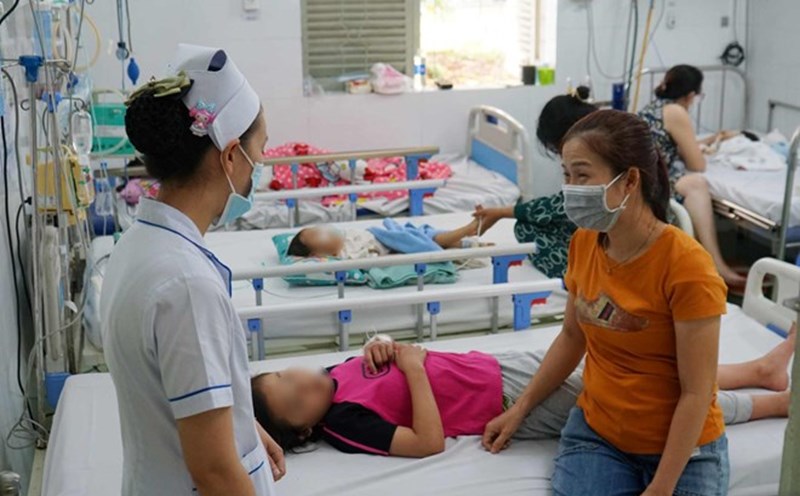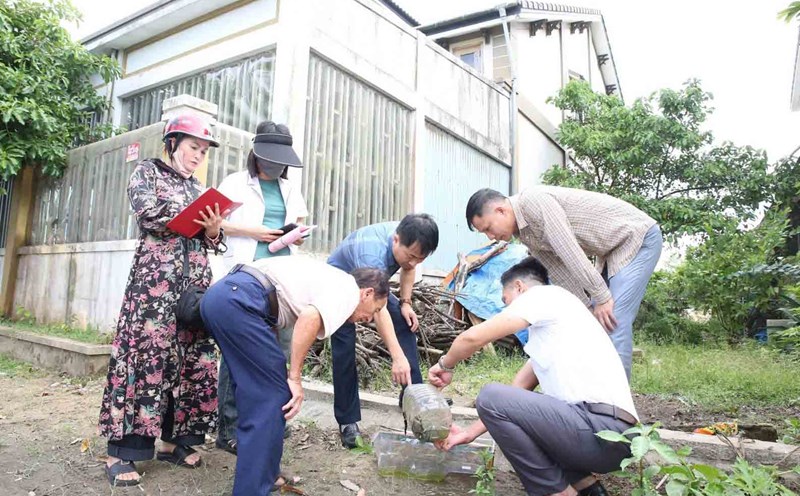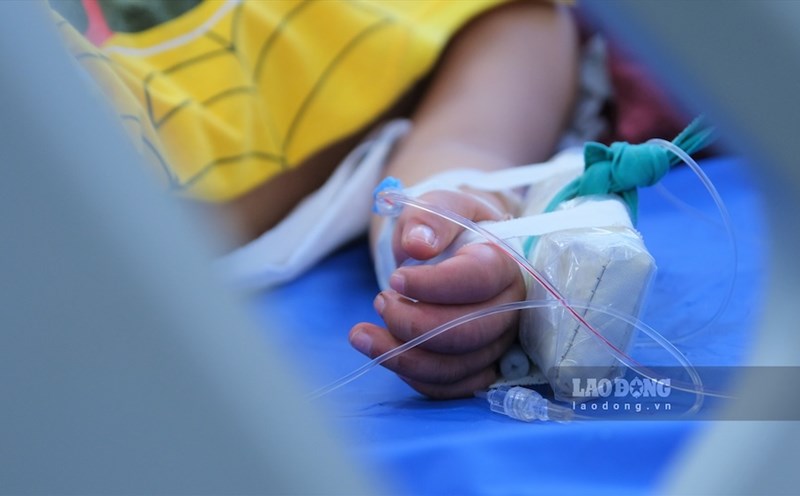Mr. Vo Hai Son - Deputy Director of the Department of Prevention, Ministry of Health commented on the dengue fever situation in the coming time: In Vietnam, dengue fever is rampant in most localities. On average, the whole country records about 100,000 cases and about 100 deaths each year. The disease occurs all year round, but usually increases sharply in the months from June to December. Although the number of cases is concentrated in the southern provinces and cities, in recent years, the Northern, Central and Central Highlands regions have also begun to record a gradual increase in cases.
From the beginning of the year to July 8, 2025, the whole country recorded 32,189 cases of dengue fever, 5 deaths - down from the same period in 2024. However, it is the peak epidemic season with many localities seeing a sharp increase in cases such as Ben Tre (up 346.5%), Tay Ninh, Long An, Dong Nai, Ho Chi Minh City.
"The trend of dengue fever is still under control, but the risk of increasing cases is very high due to favorable weather for mosquito development. The number of cases typically increases from June to December, the outbreak cycle tends to shorten to 3-4 years, most recently in 2022 with more than 370,000 cases. The Ministry of Health warns localities to proactively prevent epidemics, avoid spreading and prolonging them. In the coming time, it is possible to continue to record an increase in the number of cases in localities if epidemic prevention measures are not promptly implemented resolutely and synchronously," Mr. Vo Hai Son warned.
The Deputy Director of the Department of Disease Prevention added that dengue fever is a disease transmitted through mosquitoes, so factors such as heavy rain, high humidity and increased temperature are very favorable conditions for mosquitoes to develop and transmit the disease. Vietnam is located in a tropical and monsoon climate, so there is a high risk if there are no thorough control measures.
In recent times, the Ministry of Health has regularly directed localities to synchronously deploy preventive solutions. First of all, it is necessary to identify hot spots, old outbreaks, and risk areas for monitoring, early detection of cases, and immediate handling of outbreaks, not allowing them to spread. At the same time, mobilize the entire political system and authorities at all levels, from communes, wards to residential groups and residential areas to propagate and guide people to carry out activities to eliminate beds and bedbugs in households, coordinate with the health sector in community mosquito control campaigns.
At the same time, the Ministry of Health also increased propaganda so that people can recognize early signs of the disease and proactively prevent it. In addition, the health system needs to be prepared with human resources, medicines, chemicals, equipment, fluid transmission, beds and effectively route treatment to limit overload and minimize the number of deaths.











